Religious, Secular & Spiritual Dialogue
Our conversations now take place directly on Zoom without using Meetup. Contact missionmedia@xaverianmissionaries.org for more information.
What spiritual story will you write?
We wanted to share the work of Katie Gordon, who is doing interesting things in the nontraditional dialogue of spirituality across and within the borders of religion, a real challenge for traditional faiths and one we do well to be part of.
Check too her work as a founding partner for the spiritual but not religious forming community with religious sisters at https://twitter.com/nunsandnones.
Check out her latest on Tiny Letters. See more about Katie here.
Listening to Those Who Left the Catholic Church:
Bringing Voices of the Disaffiliated to the Synod 2021-2023 of the Church
Fr. Carl Chudy completed research on a local experience of Catholic disaffiliation entitled: Postsecular Catholicism: Toward a New Understanding and Pastoral Praxis in Catholic Families with Disaffiliated Children in the Archdiocese of Boston, for more information on Catholic disaffiliation.
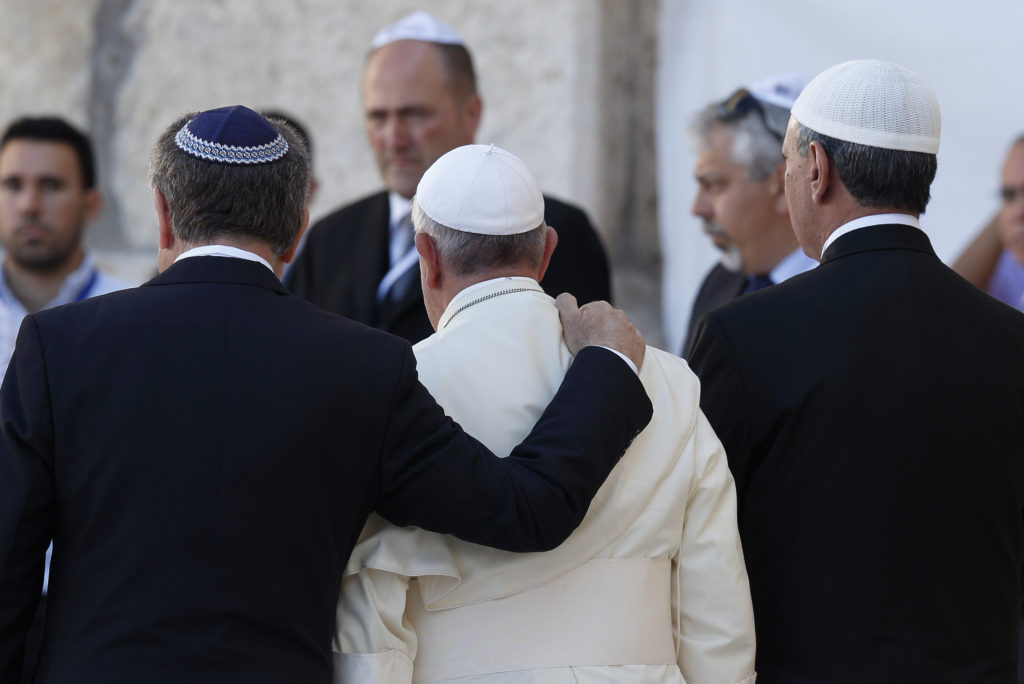
Catholics and our
Secular Brothers and Sisters
The concern of the Church to understand them more deeply secular culture and the dialogue we must have is rooted in the spirit of Vatican II.
- Pope Paul VI, who closed Vatican II and launched the Church into a new future, wrote in his first encyclical in 1964, Ecclesium Suam: “God Himself took the initiative in the dialogue of salvation. “He first loved us.” We, therefore, must be the first to ask for a dialogue with others (men), without waiting to be summoned to it by others.” (72) Read to 70-85.
- The Pope established the Secretariat for Non-Believers in 1965 as a focal point for the dialogue with people of goodwill who profess no specific religion or religious belief.
- The first religious/secular dialogue guideline was released in 1968, entitled DIALOGUE WITH NON-BELIEVERS, through Cardinal Francis Konig, President of the Secretariat.
- St. Pope John Paul II changed the Secretariat to the Pontifical Council of Culture on 20 May 1982, intending to establish a dialogue between the Church and the cultures of our time. The new opportunities of mission lie in our cultural and religious diversity.
- Pope Benedict XVI instituted, through this Council, the Courtyard of the Gentiles to create international conferences for interaction “with those to whom religion is something foreign, to whom God is unknown.
- Pope Francis, in his first encyclical, Joy of the Gospel, says: “As believers, we also feel close to those who do not consider themselves part of any religious tradition, …We consider them as precious allies in the commitment to defending human dignity, in building peaceful coexistence between peoples and in protecting creation.” (257)
- In 1969, the Secretariat for Nonbelievers in Rome held the first conference after creating guidelines for Catholics in dialogue with nonreligious friends. Understanding the Culture of Unbelief was an essential goal of the church and continues to be. The conference proceedings: Rocco Caporale & Antonio Grumelli, eds. Understanding the Culture of Unbelief: Studies and Proceedings from the First International Symposium on Belief Held in Rome, March 22-27, 1969. The University of California Press, Berkley: 1971.
- Fifty years later, a second conference on unbelief was held in Rome in 2019. Articles on this conference may be found in the National Catholic Reporter and The Secular Spectrum.
Sacred Secular Dialogue on Facebook and Twitter
Including the Non-religious in Interfaith Dialogue
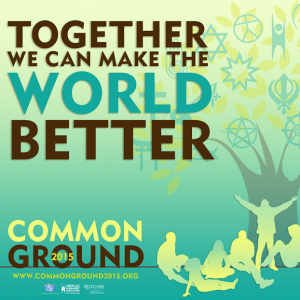
Encounter and Dialogue Among the Religious and Nonreligious
The Xaverian Missionaries began a project of dialogue and engagement with atheists, secular humanists, and the unaffiliated through a project we called COMMON GROUND in 2012 in partnership with our brothers in the United Kingdom. We encourage you to explore these links and join the conversation as we learn to enlarge our Catholic embrace.
- The first reason is to explore new opportunities of the 21st century to live out the “mission ad gentes” of the Church that binds us as Catholics to all those who believe differently than us. This relationship is an important place where we share the love of Christ.
- Second, in the Western world, the gulf felt between people of faith and secular culture is a not-so-new periphery of the Church that demands encounter, study, and the application of the Gospel in the spirit of dialogue, love, and bridge-building.
- Secular culture applies to atheists, secular humanists, the unaffiliated (those who left religion behind), seekers, agnostics, and others who do not believe in God or hold to any particular religious belief.
Religious and Nonreligious Encounter with the Xaverian Missionaries
As part of the Common Ground Project, we have a Meetup Group of religious and nonreligious friends who come together to explore our common ground with one another and those things that make us uniquely different from one another. Our group has been meeting for more than eight years.
Common Ground: Conversations between Atheists, Religious Believers & Secular Humanists
A) 2013 Conference of Religious and Non-Religious: Coatbridge, Scotland
- The Xaverian Missionaries of the USA and the United Kingdom collaborated with Interfaith Scotland, the British Humanist Association, and the Scottish Humanist Association to hold the first international dialogue conference between humanists, atheists, and religious believers.
- A journal called COMMON GROUND is a compilation of talks and reactions from both secularists and people of faith from the conference, easily accessible to any device. Get your copy at these fine publishers: Amazon Kindle Books ♦ Apple Ibooks ♦ Barnes & Nobles ♦ Kobo ♦ Scribd
- The conversation continues on the Twitter Feed and our CG Facebook group. Join in.
- Here are pictures of that event at our dialogue center, Conforti Institute in Coatbridge, Scotland. One evening a panel presentation and discussion were held at the Scottish House of Parliament.
- The online version of the journal with reactions from some participants.
B) 2015 Conference of Religious and Non-Religious @ Rutgers University
- In 2015, together with the American Humanist Association and Rutgers University in New Brunswick, New Jersey, we organized another dialogue conference entitled COMMON GROUND 2015, bringing together more than 120 religious and non-religious students, leaders, scholars, and pastoral agents to dialogue around meaning in life, ethics and values, and secular and religious communities in action toward charity and justice.
- See pictures and videos of the main conference engagements. Click the left upper corner icon for a list of all of the videos.
Online Reflections
We are reflecting and writing on these ongoing experiences through two blogs, our own Catholic Global Mission and a non-religious blog on patheos.com called Secular Spectrum, probably the largest online interfaith conversation.
Catholic Global Mission (Official blog of the Xaverian Missionaries USA)
- Secular Humanists and Religious Believers Connecting on Common Ground
- The Convocation of Catholic Leaders in the US: Perfect Storm for a New Mission
- The Catholic Bleed and Community Outside the Church
- Pentecost in a Time of Doubt and Division
- Believers and Non-Believers, We Are All Brothers & Sisters
- Let’s Jam: Believers & Non-Believers Find Common Ground
- Interfaith Dialogue is Not as Pointless as We Like to Think
- An Easter Reflection on What Christians and Atheists Have in Common
- Why I Choose to Live My Faith Outside Organized Religion
- Peacemaking in the Cultural Wars of Christmas
- The Complex and Interesting Landscape of Atheist/Theist Dialogue
- Podcast on Interfaith Literacy with Interfaith Youth Core
- Xaverian Missionary Reflects on our Common Ground Dialogue Project with Humanists and Atheists
- Atheists and Theists Seek Common Ground in Scotland
- Being Catholic in a Religiously Diverse World Today
Secular Spectrum (Non-religious blog featured in one of the largest online interfaith conversations, patheos.com)
- Religious and Secular Literacy: Dialogue in a Liberal Democracy
- Nonreligious and Religious Engagement: Common Ground & Where it Can Lead
- Not What Things Seem to Be
- See Me
- What our Fractured Civic Spaces Teach
- Going Beyond Those Who Believe and Don’t Believe in God
- Reason Rally for Us All
- National Day of Prayer or Reason?
- Civil Conversations in Divisive Times
- The Secular-Religious Dance
- The Compassion of Religious and Secular Voices
- Not What Things Seem to Be
- Sustained Conversations Change Us
- Rethinking our Relationship with the Cosmos
E) Essays & Articles from the Xaverian Missionaries
- In Between Religion, Secularity, and Spiritualities: Toward Postsecular Catholicism.
- The Paradox of God Between the Lines by Fr. Carl Chudy
- Human Rights is a Secular, but not a Marxist Idea by Fr. Carl Chudy
- One People, Diverse States and Secularism by Fr. Carl Chudy
- Nonreligious and Religious Engagement: Common Ground and Where it Can Lead. (Talk by Fr. Carl Chudy given at the Humanist Community of Yale, October 15, 2017.
- Common Ground: Conversations Among Humanists and Religious Believers by Fr. Carl Chudy
- Faith and Doubt in a Secular Age by Fr. Carl Chudy
- Common Ground journal from the first international conference we organized in Coatbridge, Scotland in November 2013.
F) Resources
In our study, we share books that are part of a larger community of study and dialogue. Some are academic, others more easily accessible. They are a good place to start if you want to explore this unique dialogue.
Spiritual but not Religious
- Religious but Not Spiritual by Gregory Wolf for Image Journal
- Confessions of a Secular Jesus Follower by Tom Krattenmaker
- Spiritual and Religious: Explorations for Seekers by Roger Haight
- What is God? How to Think about the Divine by John F. Haught
- God and the New Atheism by John F. Haught
- The Nones are All Right by Kaya Oaks
- Why I Left/Why I Stayed: Conversations on Christianity between and Evangelical Father and His Humanist Son by Tony Campolo and Bart Campolo.
- The End of Apologetics: Christian Witness in a Postmodern Age by Myron Bradley Pen
- Religion for Atheists by Alain de Botton
Religious & Secular Dialogue
- Post-Secular: Science, Humanism and the Future of Faith by Marcus Shaus
- Religion and Atheism: Beyond the Divide eds. Anthony Carroll and Richard Norman
- Towards Better Disagreement: Religion and Atheism in Dialogue by Paul Hedges
- Interfaith Leadership: A Primer by Eboo Patel
- Faitheist: How an Atheist Found Common Ground with the Religious by Christ Stedman
Articles and Online Sources
- The New Secular Moment by Tom Krattenmaker (Thehumanist.com)
- Should Interfaith and Interreligious Dialogue Include Atheists? by Paul Hedges
- The Immanent Frame: Secularism, Religion, and the Public Square
- Faith and Doubt in a Secular Age by Fr. Carl Chudy
- Common Ground: Conversations Among Humanists and Religious Believers by Fr. Carl Chudy
- Research by Petra Klug of the University of Bremen on the relationship between religion and the secular in the United States
Studies in Secular Culture
- A Secular Age by Charles Taylor
- How (Not) to be Secular: Reading Charles Taylor by James. K.A. Smith
- Believing Again: Doubt and Faith in a Secular Age by Roger Lundin
- Secularism and Secularity: Contemporary International Perspectives eds. Barry A. Kosmin & Ariela Keysar
- Secularism, Women, and the State: The Mediterranean World in the 21st Century eds. Barry A. Kosmin & Ariela Keysar
- Religion in a Free Market: Religious and Non-Religious Americans—Who, What, Why and Where by Barry Kosmin and Ariela Keysar
- The Secularization of the European Mind in the 19th Century by Owen Chadwick
- Being Catholic in a Culture of Choice by Thomas P. Rausch
- American Secularism: Cultural Contours of the Nonreligious Belief Systems by Joseph O. Baker & Buster G. Smith
- Atheist Awakening: Secular Activism and Community in America by Richard Cimino and Christopher Smith
Secular Ethics
- Cosmopolitanism: Ethics in a World of Strangers by Kwame Anthony Appiah
- The Globalization of Ethics: Religious and Secular Perspectives by William M. Sullivan and Will Kymlicka
- Poverty and Morality: Religious and Secular Perspectives by William A. Galston and Peter H. Hoffenberg
- The Many and the One: Religious and Secular Perspectives on Ethical Pluralism in the Modern World by Richard P. Madsen and Tracy B. Strong
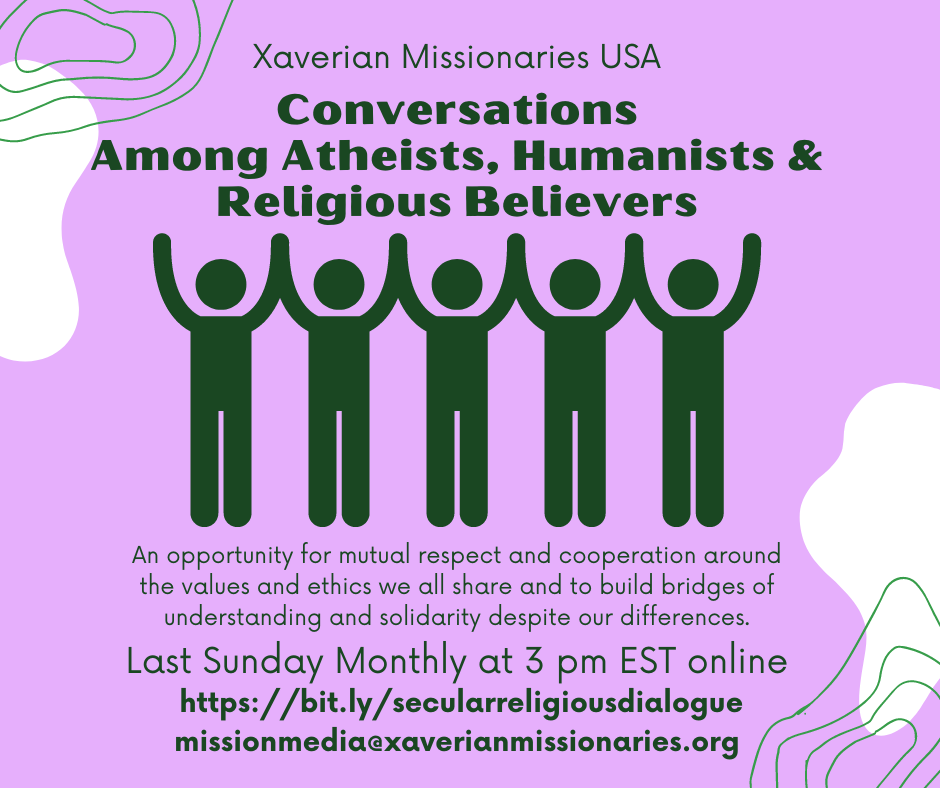

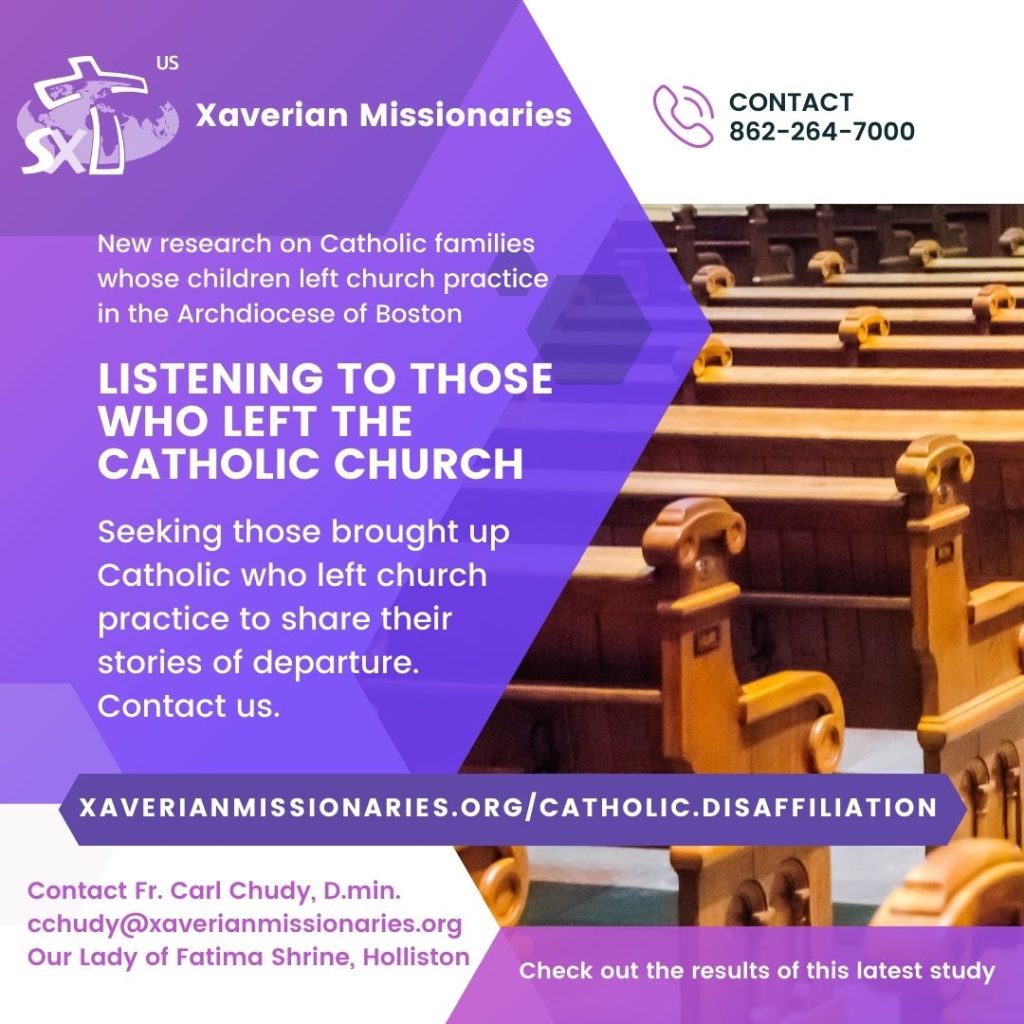
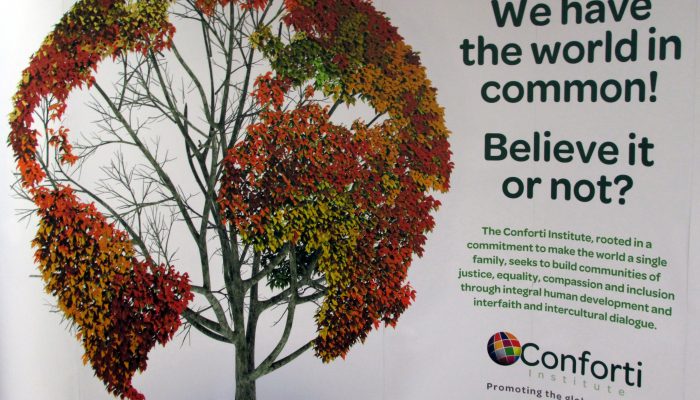
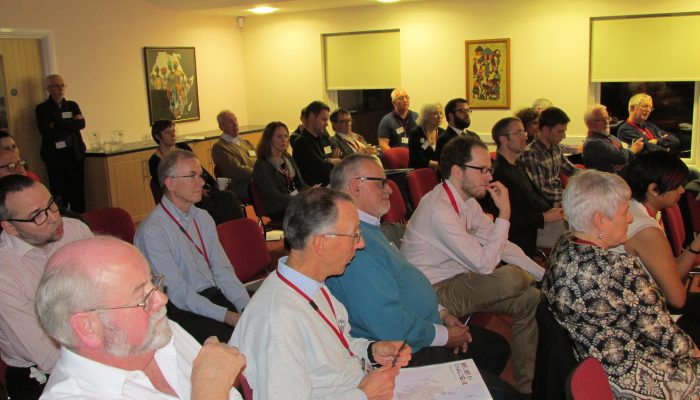
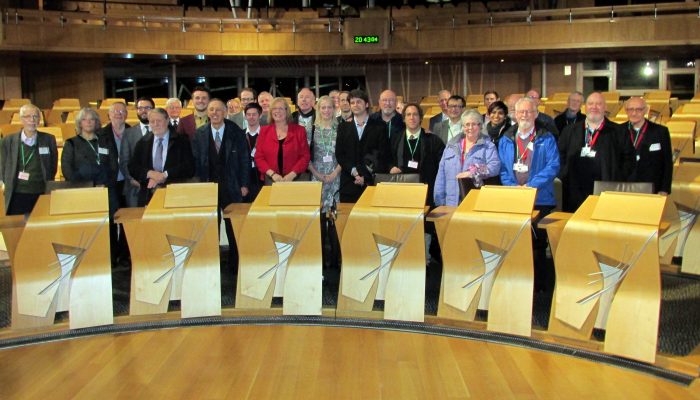
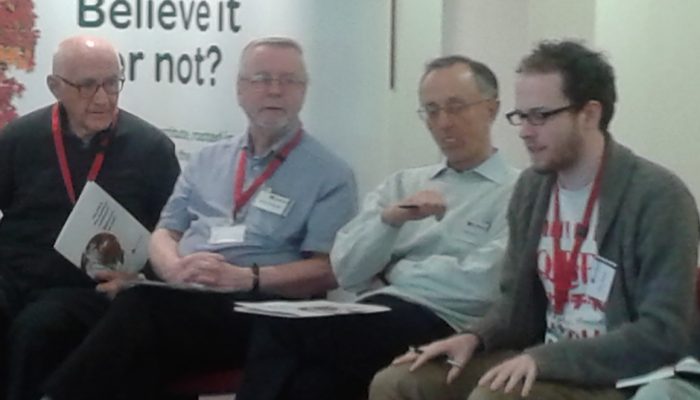
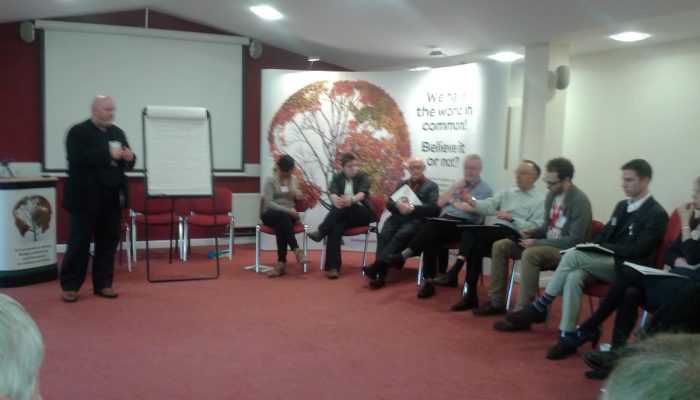
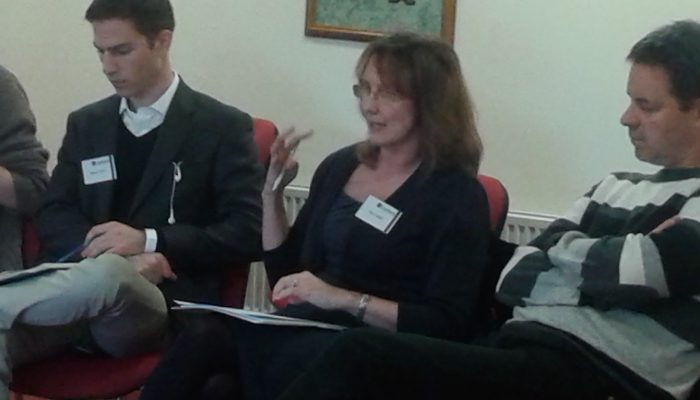
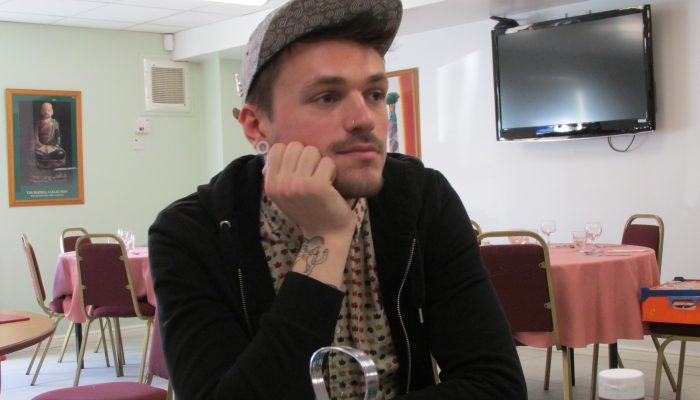
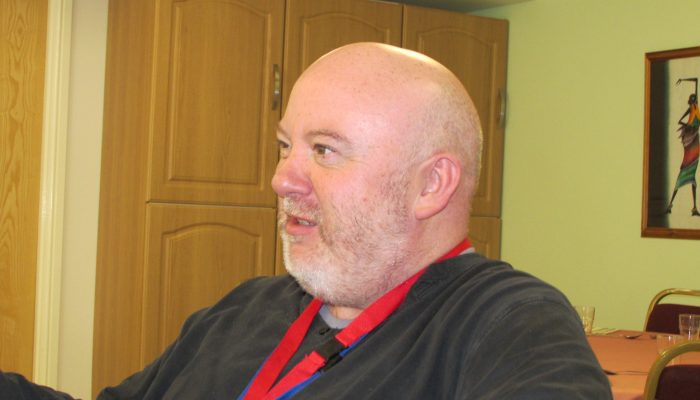
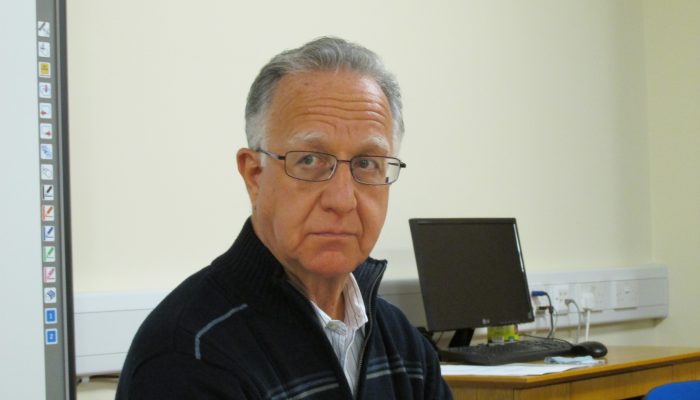
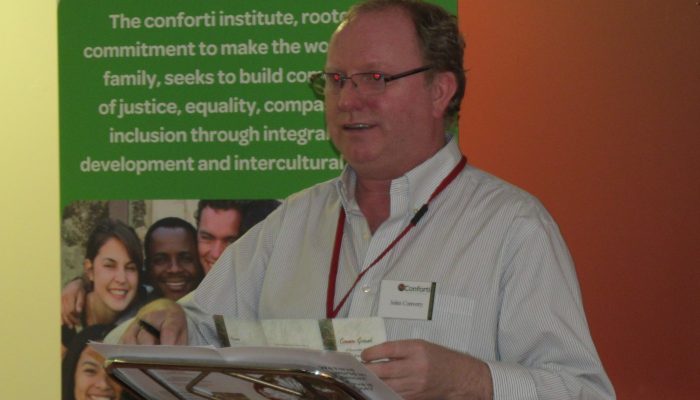
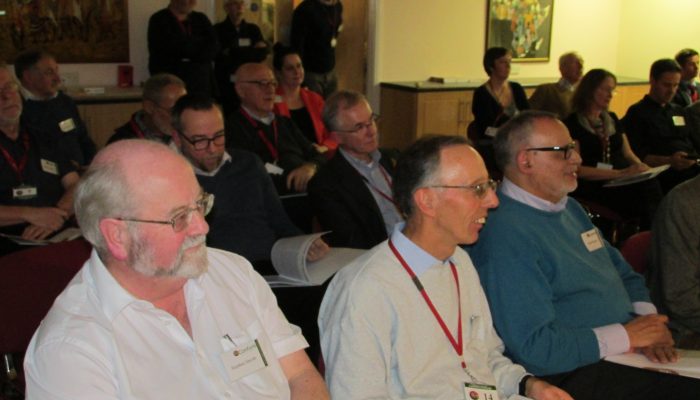
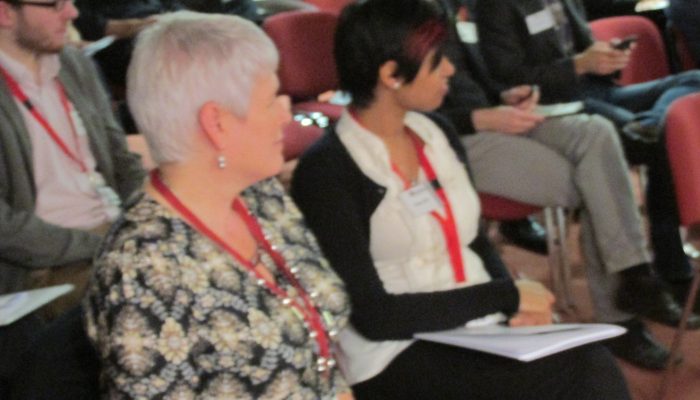
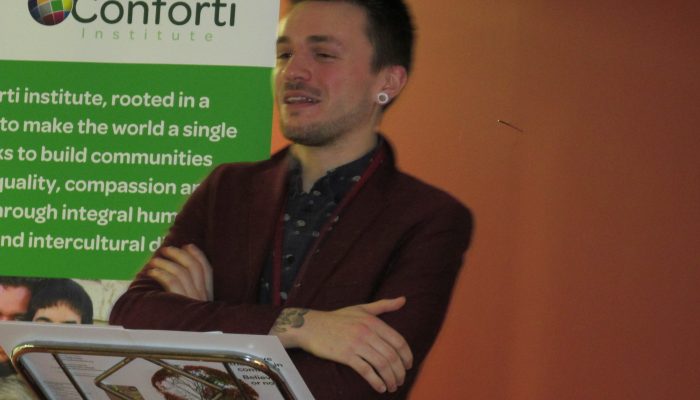
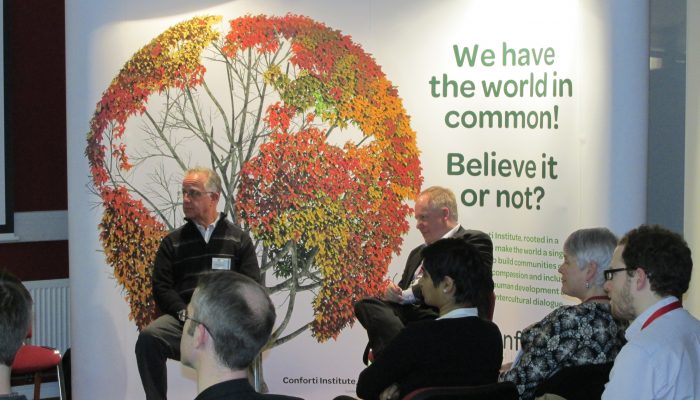
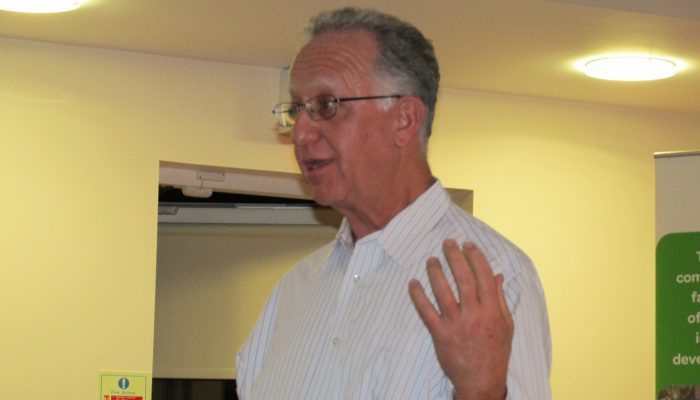
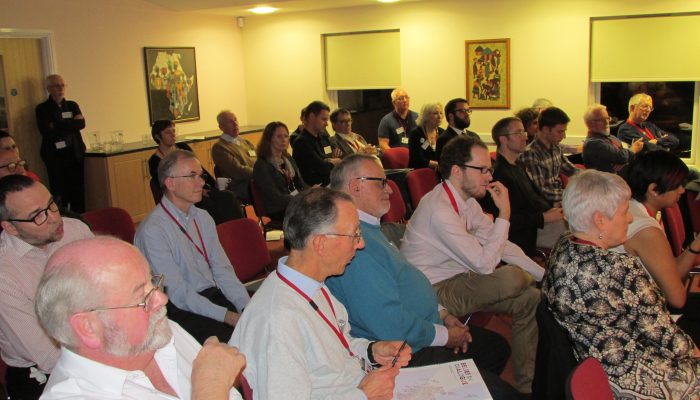
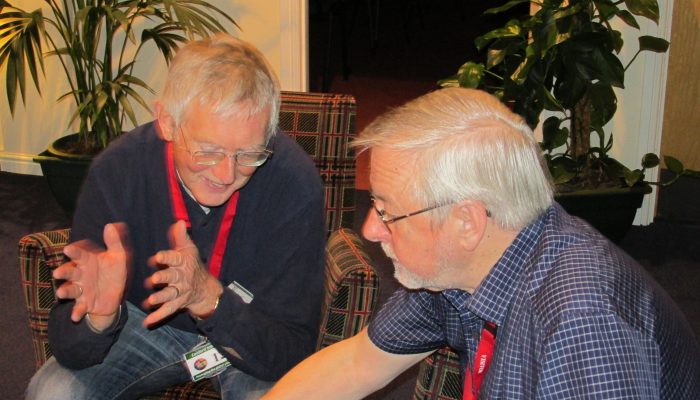
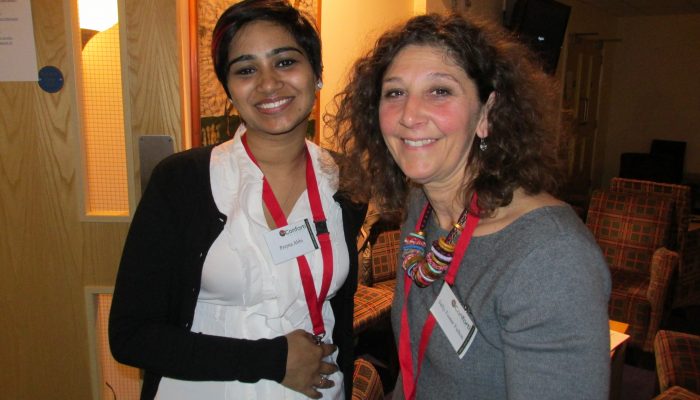
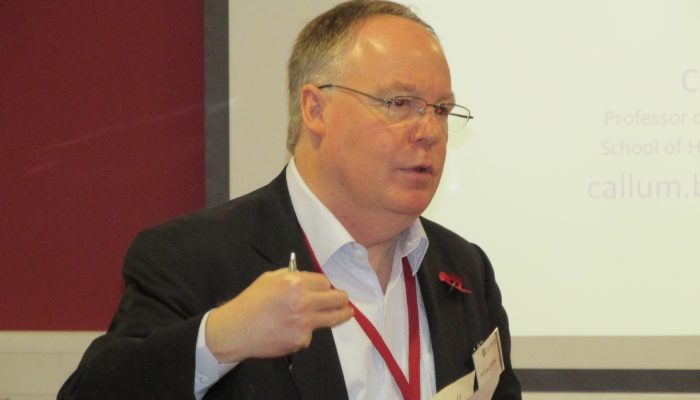
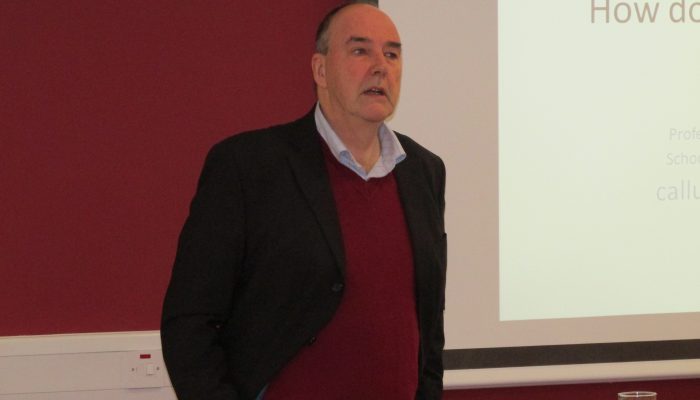
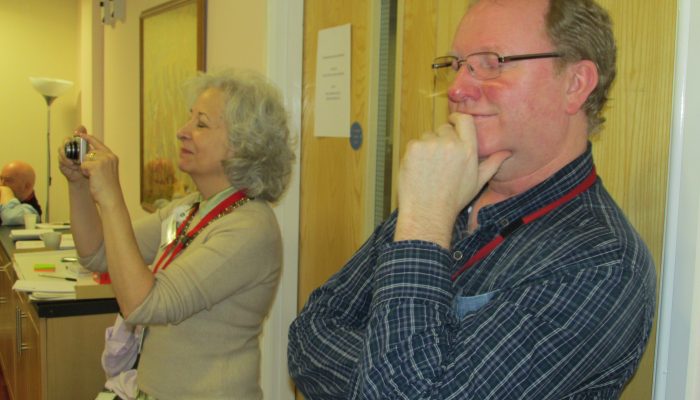
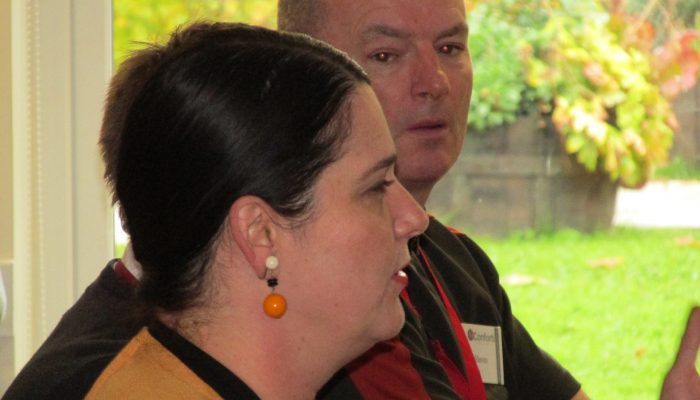
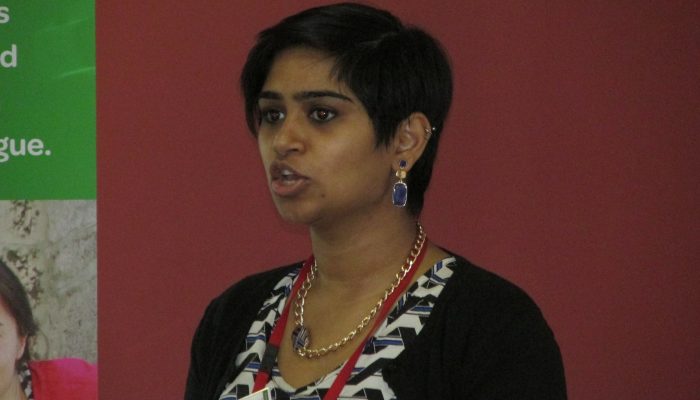
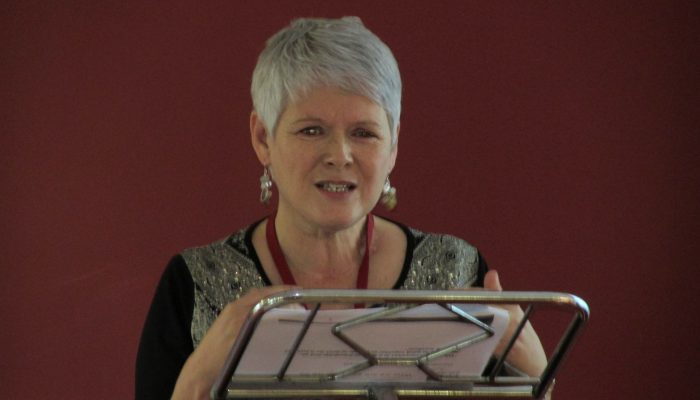
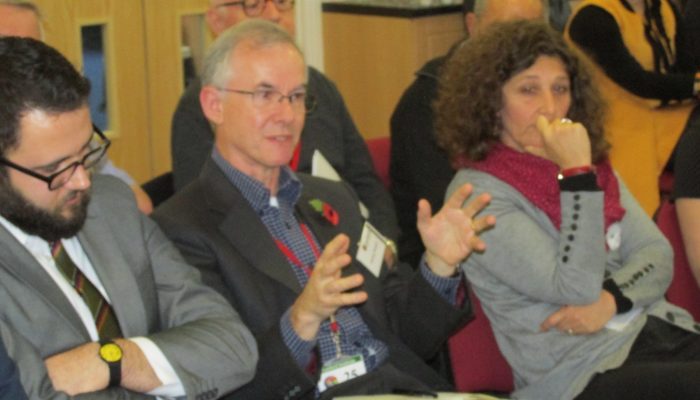
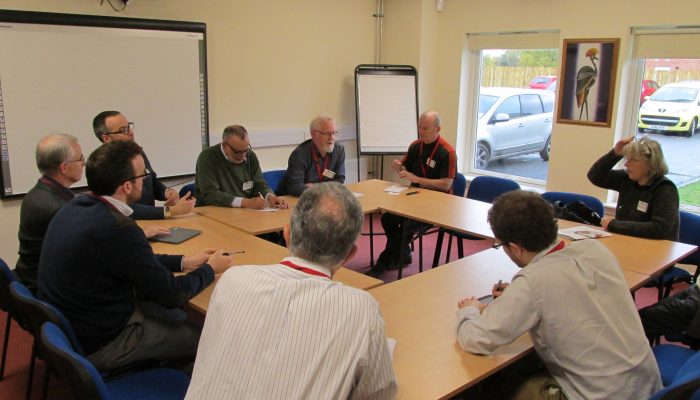
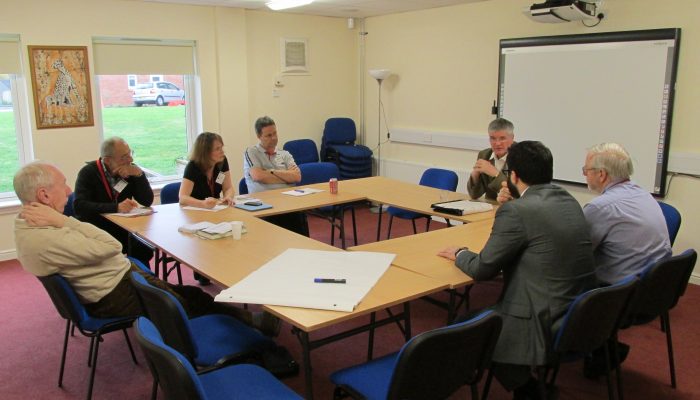
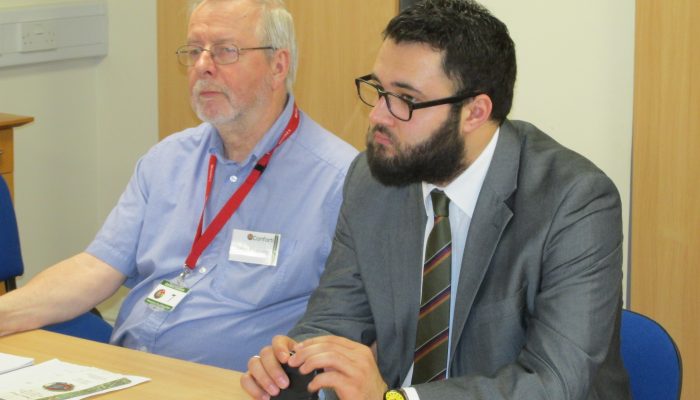
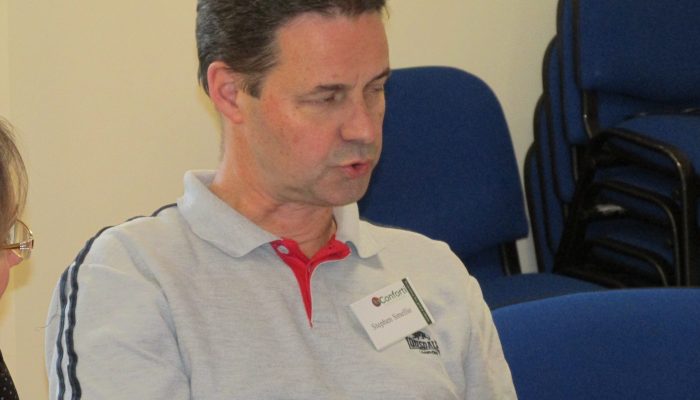
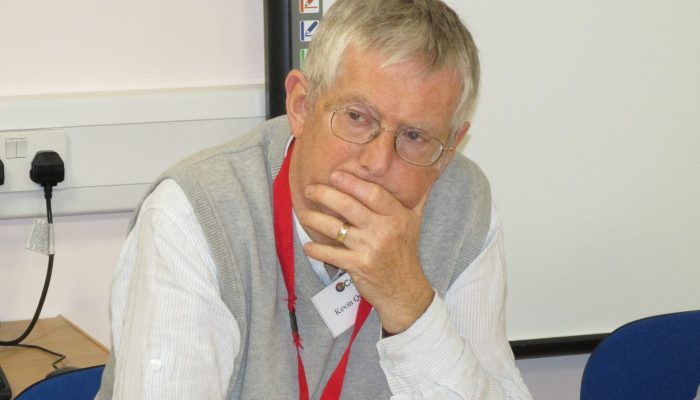
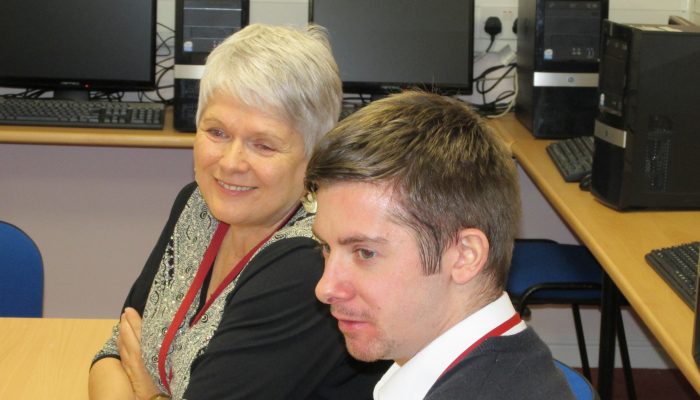
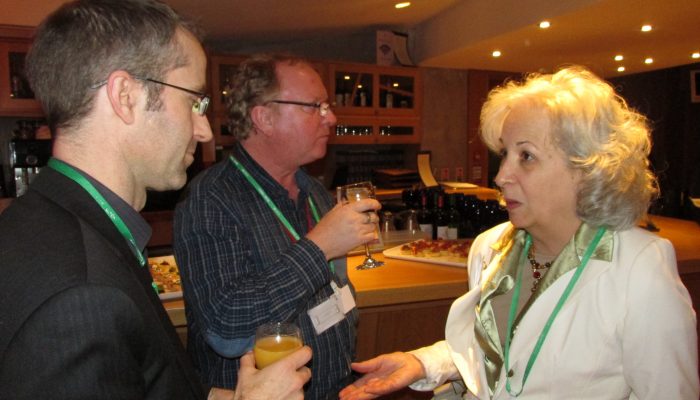
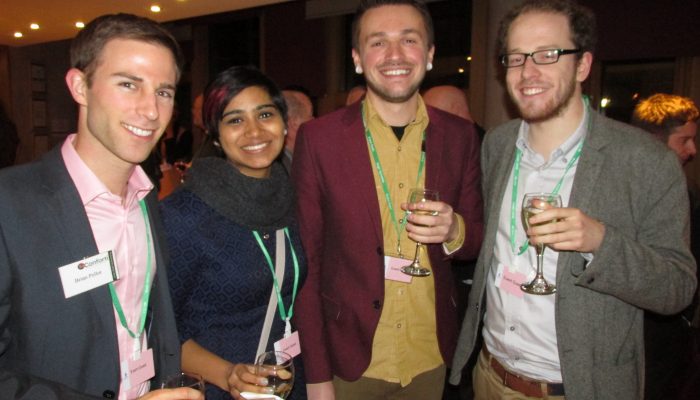
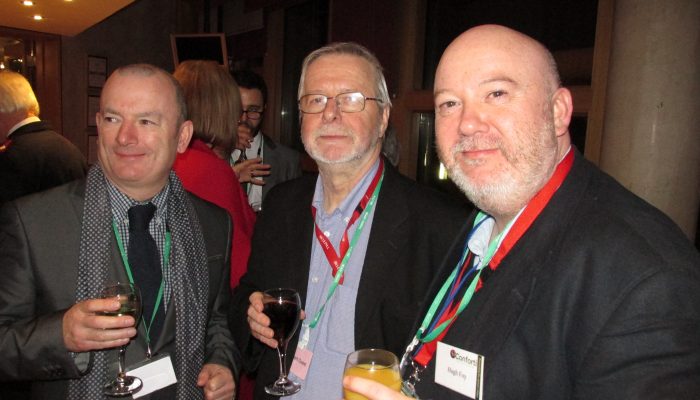
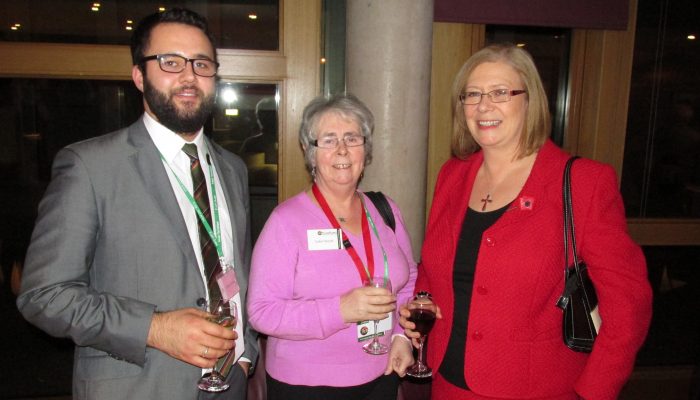
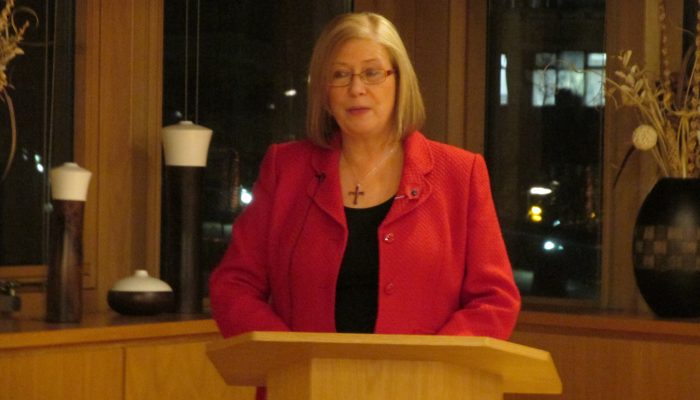
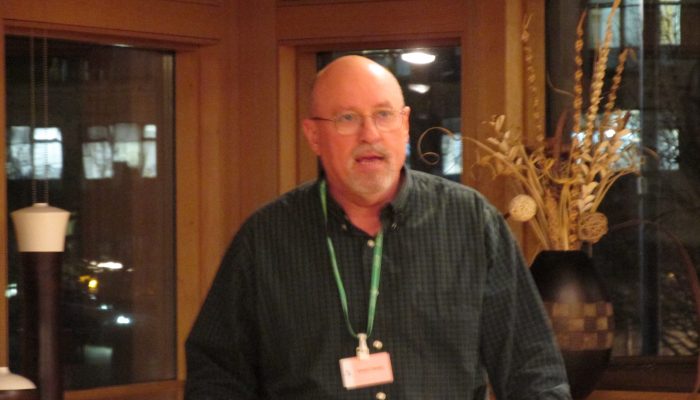
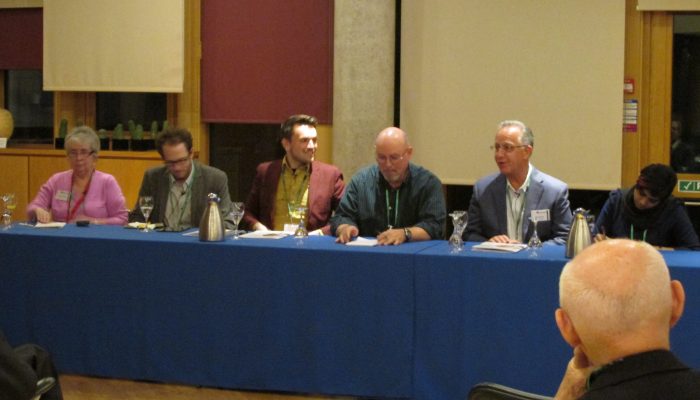
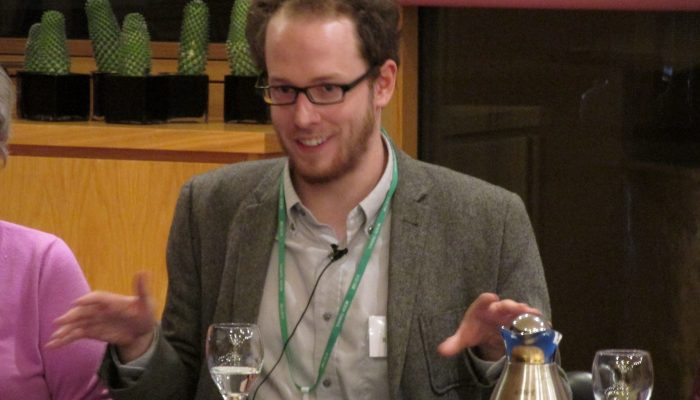
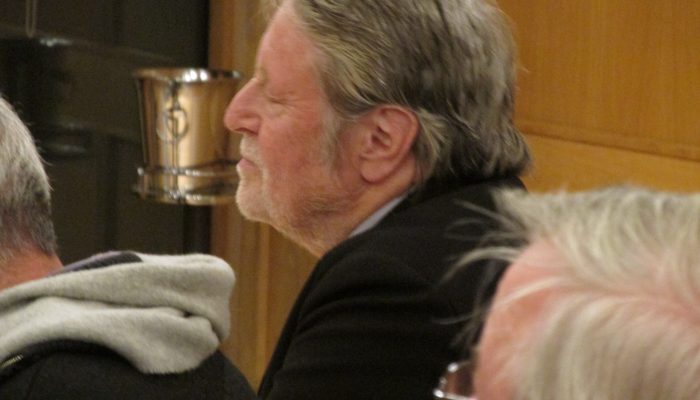
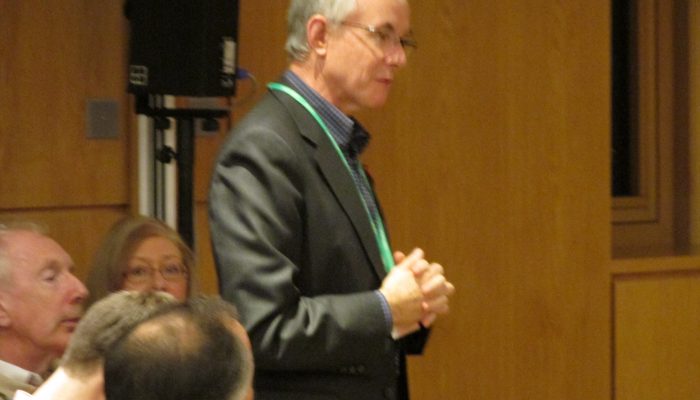
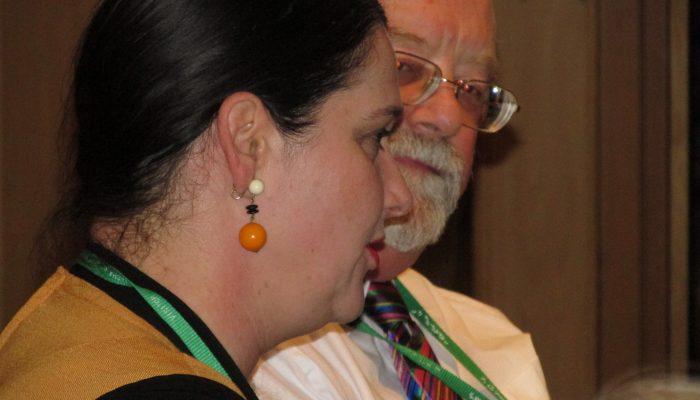
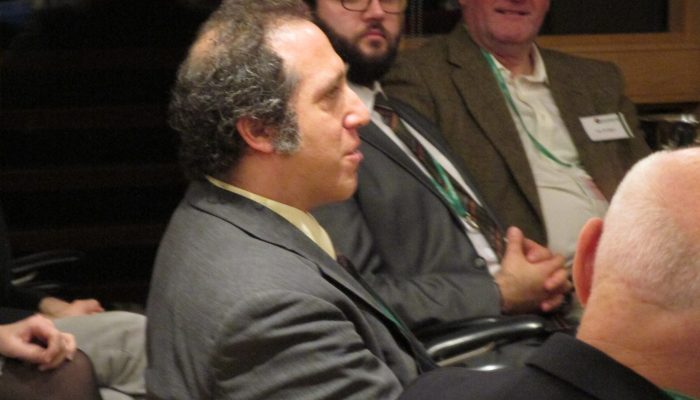
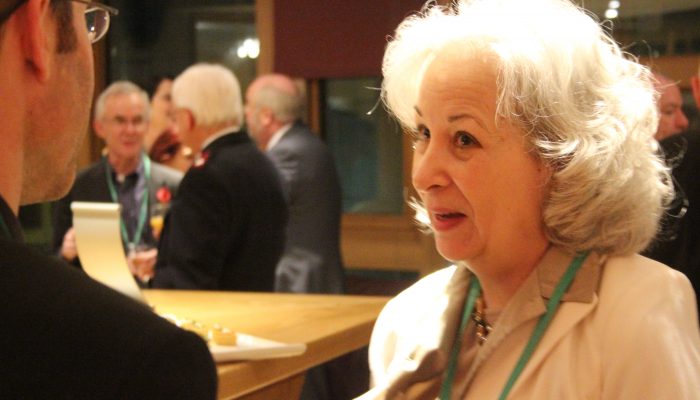
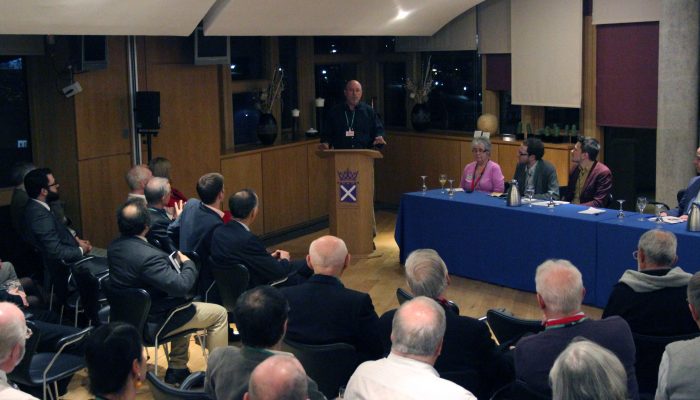


OlaIbyXkMJvHx